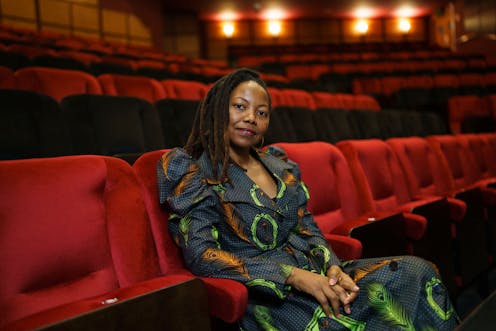
The ruling elite in Zimbabwe has always tried to silence opposing political voices and erase histories it does not wish to have aired. Although “democratic” elections have been held since 1980, the country has become what the scholar Eldred Masunungure calls a state of “militarised, electoral authoritarianism”.
As Zimbabwe heads to the polls again in 2023, it’s worth considering the role that writers have played in engendering political resistance. Their voices have been important in challenging oppression, exposing social injustices and advocating for political change.
The liberation struggle
Literature was vital for raising awareness about the harshness of colonial rule. It was used to mobilise resistance against the white minority regime and garner international support for the liberation struggle.
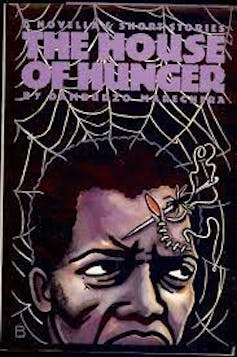
Texts like Ndabaningi Sithole’s foundational 1955 novel Umvekela wamaNdebele (The Revolution of the Ndebele) and Dambudzo Marechera’s 1978 magnum opus The House of Hunger were instrumental. Many others like Charles Mungoshi, Tsitsi Dangarembga and Chenjerai Hove produced texts that encouraged resistance against colonial rule.
These works showcased the resilience of Zimbabweans in the face of adversity, inspiring the population to continue their fight for freedom.
Independence
Since independence in Zimbabwe, there has remained little space for dissenting voices – first under the leadership of Robert Mugabe and then Emmerson Mnangagwa.
The Gukurahundi genocide, which novelist Novuyo Rosa Tshuma called the country’s “original sin”, marked the first instance in which the state quashed opposing voices. Between 1982 and 1987, the government sent a North Korean-trained brigade to quell dissenters in the provinces of Matabeleland and the Midlands. An estimated 20,000 civilians were killed.
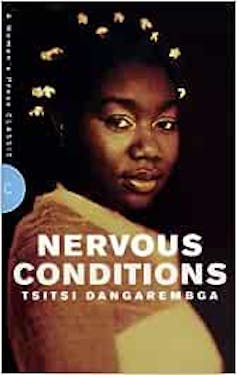
Interestingly, despite the shrinking of the civic and political space in Zimbabwe, literary production has thrived in providing political resistance.
My research as a scholar of African literature has demonstrated that literature in Zimbabwe has highlighted diverse forms of state sponsored violence. Through their works, writers have raised awareness, sparked dialogue, and inspired readers to engage in opposition and activism.
The turbulent ‘lost decade’ (2000-2010)
From around 2000, Zimbabwe experienced economic meltdown, coupled with an increased shrinking of the civic space. The rise of a formidable opposition, the Movement for Democratic Change, in 1999 was met with violence by the state.
This period also saw a flourishing in literary production. Fresh voices emerged, among them Brian Chikwava, NoViolet Bulawayo, Petina Gappah, John Eppel, Christopher Mlalazi and Lawrence Hoba.
Literature from this period captured the socioeconomic realities of the country. Gappah’s debut collection of short stories in 2009, An Elegy for Easterly, depicts the emotions experienced by Zimbabweans in the face of diverse challenges. Some characters express disillusionment and despair, while others maintain optimism and resilience, representing a complex reality.
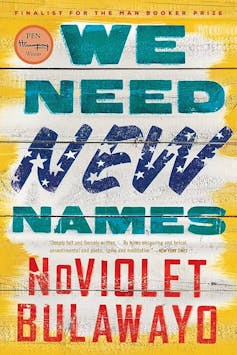
Bulawayo’s award-winning 2013 novel We Need New Names depicts the political situation through the perspective of its teenage protagonist, Darling. The story delves into the effects of political turmoil, economic challenges and societal changes on regular lives. Her 2022 novel Glory parodies a dictatorship, protesting the irrationality of a police state.
White Zimbabwean writers have also criticised autocracy in books like Catherine Buckle’s African Tears: The Zimbabwe Land Invasions (2000) and Graham Lang’s Place of Birth (2006).
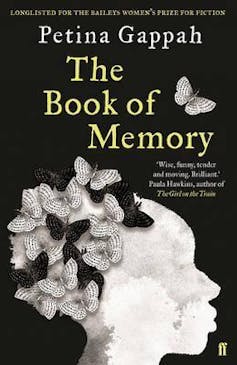
These novels portray the emotional effects of the Fast Track Land Reform Programme on many white Zimbabweans, who found themselves dispossessed of their farms and their sources of income.
Writers from the 2000s have offered multifaceted portrayals, highlighting the interconnectedness of personal lives and political realities. The stories illuminate the human cost of political decisions and the resilience of ordinary people in the face of hardships.
Literature in the Second Republic
Literature after the demise of Mugabe and his four-decade regime – a period referred to as the Second Republic – has continued to grapple with Zimbabwe’s prevailing sociopolitical environment. In the book The Zimbabwean Crisis after Mugabe, my colleagues and I contend that today’s Zimbabwe is similar to the Mugabe years in many ways.
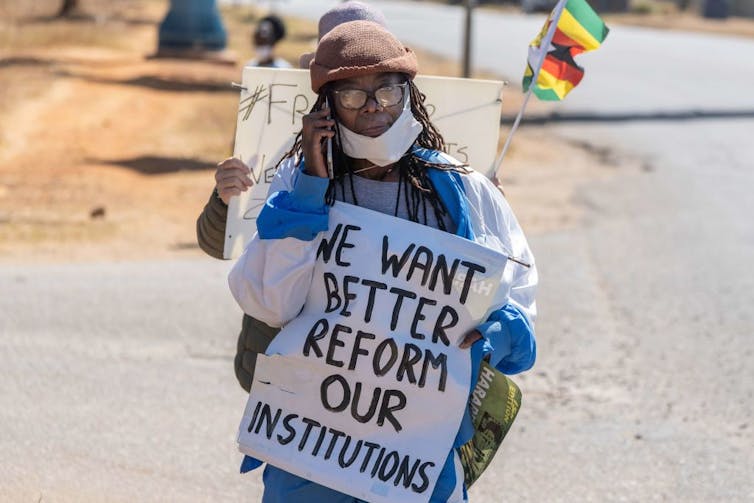
Batsirai Chigama’s collection of poems Gather the Children captures the vicissitudes of contemporary life in Zimbabwe. In his analysis of this collection, literary scholar Tinashe Mushakavanhu explains:
Zimbabwe’s political crisis has been a different kind of catastrophe, one that has occurred in slow motion: its mechanisms abstract and impersonal, although the economic, physical, and psychological consequences have been very real and devastating. These strictures insinuate themselves into the ambience of everyday life and language, something that Chigama observes with careful attention.
In her poem Zimbabwe, Chigama writes:
Like eating olives
we have acquired the taste of discomfort
over the longest time
it has gently settled on our tongues
Her poems highlight how Zimbabweans have normalised the abnormal.
Other writers from the post-Mugabe period like Panashe Chigumadzi and Novuyo Rosa Tshuma grapple with similar issues and themes. Writer and academic Siphiwe Ndlovu explains that in contemporary Zimbabwean fiction
there is anger, outrage, disappointment, disillusionment, hope (and the loss of it), but most importantly, there is a call for reckoning and change that the politics of the country have failed to successfully address.
The power (and limits) of literature
Despite its power, reading remains a luxury that many Zimbabweans cannot afford. Books are extremely expensive and few people have disposable income to read for pleasure.
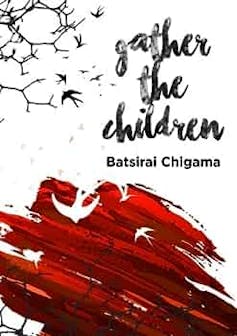
It’s for this reason that, since independence, the state has not banned the many novels which are critical of the situation in the country. Writer Stanley Nyamfukudza explains: “It has been suggested that one of the best ways to hide information in Zimbabwe is to publish it in a book.”
Literature can achieve greater effects if there is a robust culture of critical thinking and reading.
However, despite the continued oppression and the lack of a robust reading culture, Zimbabwean writers have been unrelenting in telling the world what is really happening in Zimbabwe. They have always spoken truth to power.
Gibson Ncube does not work for, consult, own shares in or receive funding from any company or organisation that would benefit from this article, and has disclosed no relevant affiliations beyond their academic appointment.
This article was originally published on The Conversation. Read the original article.







